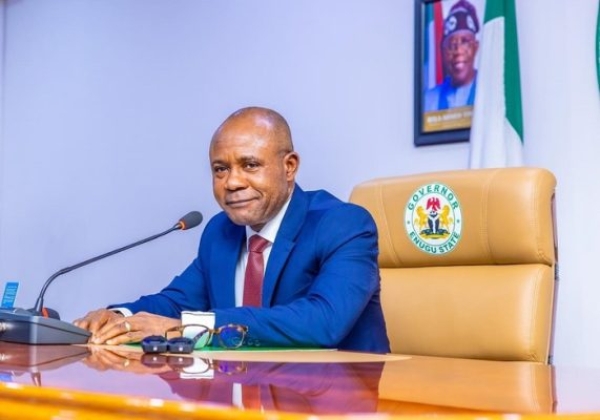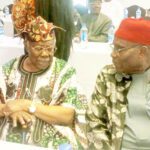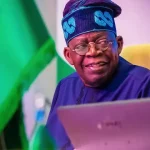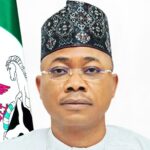
The Enugu State political landscape is experiencing a significant upheaval following confirmation that Governor Peter Mbah will formally defect from the Peoples Democratic Party (PDP) to the All Progressives Congress (APC) on Tuesday, October 14, 2025.
The defection announcement represents a major political development in Nigeria’s Southeast region and marks what could become one of the most significant political realignments ahead of the 2027 presidential elections. APC National Chairman Nentawe Goshwe Yilwatda and Deputy National Chairman for the South-East, Emma Eneukwu, publicly confirmed the defection during a Friday briefing in Abuja.
Governor Peter Mbah is not defecting alone. According to reports, the Enugu governor will lead a substantial contingent of PDP loyalists to the APC, including all 24 members of the Enugu State House of Assembly, members of the National Assembly from Enugu, the entire State Executive Committee of the PDP, and all 260 ward councillors across the state.
Check Out: Lagos Announces 15-Day Marine Bridge Closure for Maintenance
This mass movement to the APC represents an unprecedented transfer of political power in Enugu, where the PDP has historically maintained dominant control. The simultaneous defection of lawmakers, elected officials, and party administrators signals a coordinated political strategy rather than isolated individual decisions.
The timing of the defection carries significant implications for Nigerian politics. With national politics increasingly polarized between major parties, the movement of an entire state administration and its representatives to the ruling APC demonstrates the fluidity of political allegiances and the shifting dynamics within Nigeria’s federal system.
Enugu State has been a PDP stronghold for decades, making Governor Mbah’s defection particularly noteworthy. His decision to join the APC alongside such a large delegation of party officials and lawmakers weakens PDP’s traditional influence in the Southeast and strengthens the APC’s presence in the region.
The political shift raises questions about the factors motivating such a comprehensive realignment. Political observers have noted various dynamics that could influence party switching, including changes in federal-state relationships, internal party conflicts, and strategic positioning ahead of upcoming elections.
Following Thursday’s dissolution of the State Working Committee of the APC in Enugu, preparations intensified for the formal defection ceremony scheduled for Tuesday in the state capital. The timing and coordination of these events suggest careful planning by APC leadership to receive the Enugu delegation.
Governor Mbah’s defection will mark another significant blow to the PDP’s shrinking influence in Nigeria’s traditional strongholds. The party has already experienced defections in other states, and Enugu’s situation appears to reflect a broader trend of political migration across the country.
The mass defection will likely trigger broader political consequences across Enugu State, affecting governance structures, legislative dynamics, and the distribution of political patronage. State and federal government relationships may shift as a result of the new political alignment.



























Be the first to comment